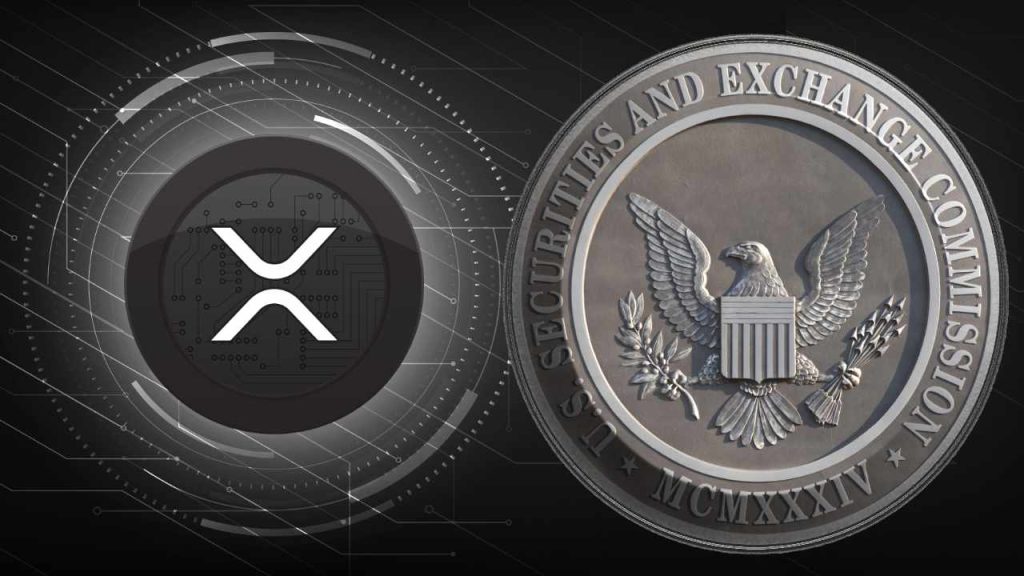In the ongoing Ripple lawsuit that has been going on for over 3.5 years between Ripple and the SEC, the SEC has submitted its final general evaluation of Ripple to the court. Following the “remedial relief” phase, which is one of the final stages of the litigation process, the court will decide what kind of sanctions, if any, to impose on the defendant, Ripple.
SEC: “They Continue Despite Fair Notice Defense Rejection”
In its evaluation to the court, the SEC also addressed the fair notice defense that Ripple has long relied on, stating that despite the court’s previous rejection of this defense, Ripple is still arguing that there is uncertainty about the status of XRP. The SEC stated that this defense strategy is incorrect and objected to it.
The SEC also alleged that Ripple is still selling XRP unregistered and has failed to fulfill most of its obligations since the initial coin offering in 2013.
Ripple’s New Stablecoin May Also Be at Risk
The SEC also alleged that Ripple wants to issue another unregistered coin, stating that “The company wants to issue another unregistered crypto asset like XRP.”
It is thought that the cryptocurrency mentioned by the SEC is Ripple’s previously announced stablecoin, the details of which have not yet been disclosed. This means that even if this coin is issued, it is likely to be investigated by the SEC.
On the other hand, since the lawsuit is not yet finalized, much of the information and details in the SEC’s response have also been censored by the agency and not released to the public.
Courts Aim to Provide Remedies or Other Legal Solutions to Plaintiffs in the Resolution Process
In the resolution process, the courts aim to provide remedies or other legal solutions to the plaintiff. At this stage, the court decides what kind of sanctions, if any, should be imposed on the defendant to compensate for the plaintiff’s (in this case, the SEC’s) damages and recover unjust gains. However, there is also a possibility that no such decision will be made.


